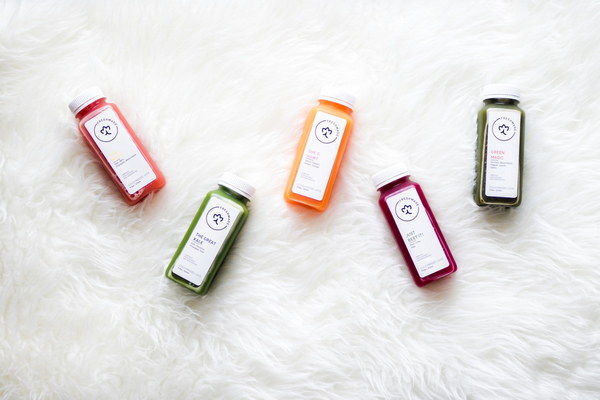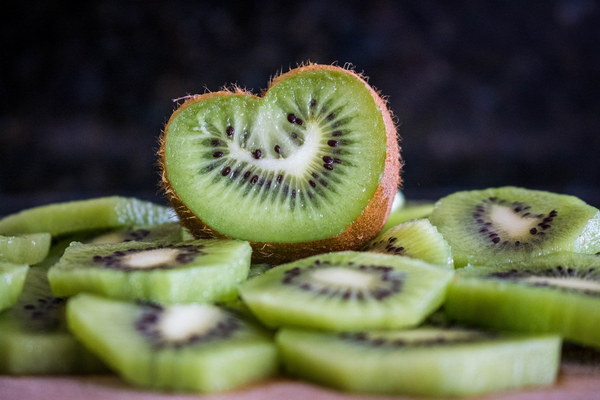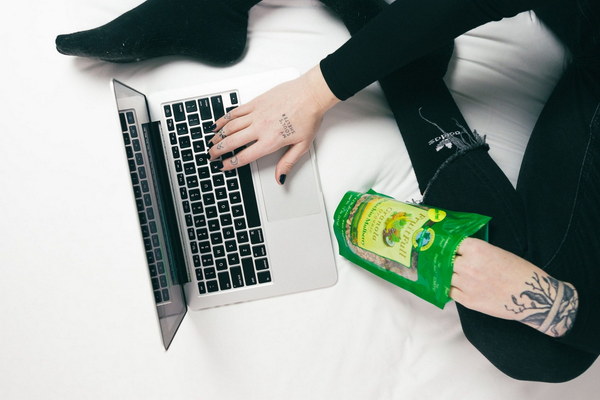Balancing Excessive Sweating Natural Remedies and Lifestyle Adjustments
Excessive sweating, also known as hyperhidrosis, can be a source of discomfort and embarrassment for many. Whether due to medical conditions, stress, or genetics, finding ways to regulate sweat production is essential for maintaining a healthy lifestyle. Here's a comprehensive guide to balancing excessive sweating through natural remedies and lifestyle adjustments.
Understanding Excessive Sweating

Before diving into remedies, it's important to understand the reasons behind excessive sweating. It can be triggered by a variety of factors, including:
- Medical Conditions: Hyperthyroidism, menopause, diabetes, and obesity can all lead to increased sweat production.
- Stress and Anxiety: Emotional factors can stimulate the sympathetic nervous system, causing sweat glands to overwork.
- Genetics: Some people are genetically predisposed to sweating more than others.
- Environment: Hot and humid weather can exacerbate sweating.
Natural Remedies for Excessive Sweating
1. Potassiumrich Foods: Foods high in potassium, like bananas, avocados, and sweet potatoes, can help regulate sweat production. Potassium is a natural electrolyte that helps maintain fluid balance in the body.
2. Green Tea: Rich in antioxidants and caffeine, green tea can help reduce sweat production. It also contains a compound called theophylline, which has been shown to inhibit sweat glands.
3. Apple Cider Vinegar: Diluted apple cider vinegar can be applied topically to reduce sweating. It's believed to help regulate pH levels on the skin, which may affect sweat glands.
4. Witch Hazel: This natural astringent can be used as a toner to reduce sweating. It helps to shrink pores and minimize sweat production.
5. Dietary Adjustments: Avoiding spicy foods, caffeine, and alcohol can help reduce sweating. These substances can overstimulate sweat glands and trigger sweating.
Lifestyle Adjustments
1. Stress Management: Techniques such as meditation, deep breathing exercises, and yoga can help manage stress levels, which in turn can reduce sweating.
2. Hydration: While it might seem counterintuitive, staying hydrated can help regulate body temperature and reduce excessive sweating. Water helps maintain the balance of fluids in the body.
3. Regular Exercise: Engaging in regular physical activity can help regulate body temperature and reduce sweating. However, it's important to choose activities that do not overheat the body, such as swimming or walking.
4. Clothing Choices: Wear breathable, natural fabrics like cotton and wool. These materials allow air to circulate and absorb moisture, reducing the feeling of sweat.
5. Sweat-Proof Products: Use antiperspirants and deodorants designed for sensitive skin to help reduce sweating. Look for products with aluminum chloride, which is effective in blocking sweat glands.
Medical Interventions
If natural remedies and lifestyle adjustments do not suffice, medical interventions may be necessary. These include:
- Botulinum Toxin Injections: Also known as Botox, this treatment can temporarily block sweat glands.
- Iontophoresis: A procedure that uses electrical currents to reduce sweating.
- Antiperspirant Creams: Creams containing aluminum chloride hexahydrate can be prescribed by a doctor for severe cases.
Conclusion
Excessive sweating can be a challenging condition to manage, but with a combination of natural remedies, lifestyle adjustments, and medical interventions when necessary, it is possible to find relief. It's important to consult with a healthcare professional to determine the underlying cause of your excessive sweating and to develop a tailored treatment plan. By taking a proactive approach, you can reclaim control over your body's sweat production and live a more comfortable life.









